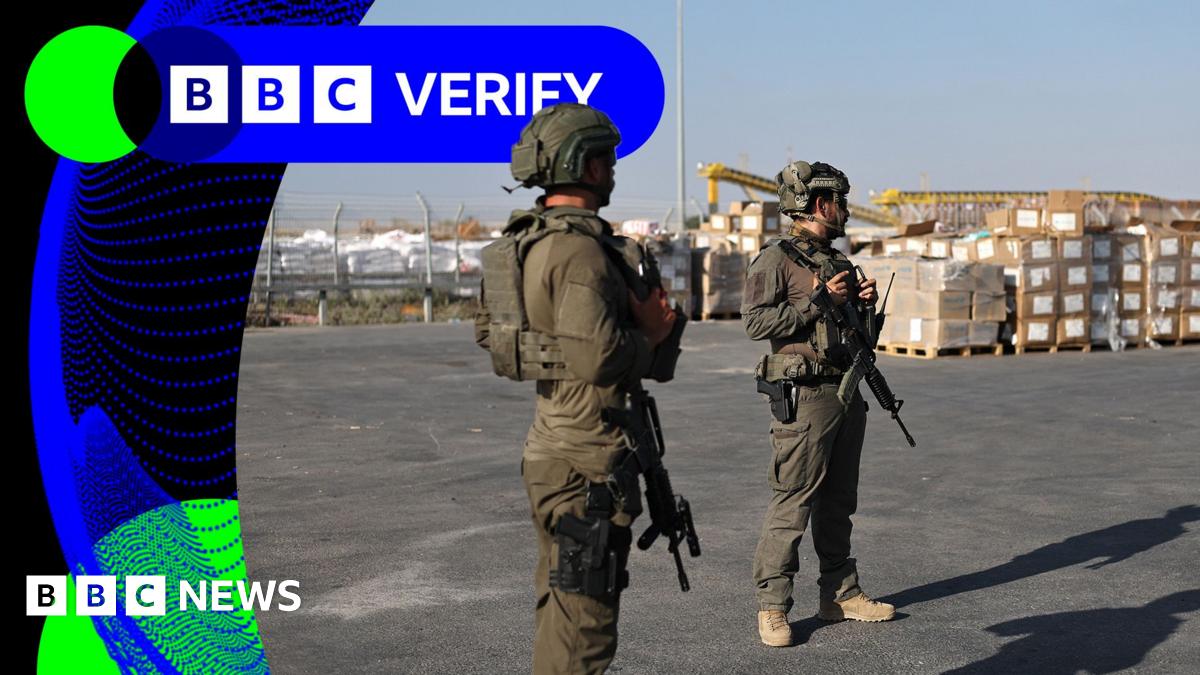Trump Seizes Control of Washington's Police Force, Deploys National Guard Amid Rising Crime Concerns

Trump Moves to Assert Authority in Washington D.C. Amidst Crime Surge
In an unprecedented move, President Donald Trump announced yesterday that he is temporarily assuming control of the Washington D.C. Metropolitan Police Department. This decision comes alongside the deployment of 800 National Guard troops to the nation's capital, ostensibly to combat rising crime rates and restore order. The announcement, made during a press conference, has sparked immediate debate and raised questions about the limits of presidential power.
The President framed the actions as necessary to address a perceived breakdown in law enforcement and a concerning increase in criminal activity within the District. He stated that the local authorities were struggling to maintain control and that decisive action was required to ensure the safety of residents and visitors. “We need to get tough,” Trump declared, “and we’re going to get tough very quickly.”
Details of the Takeover and Troop Deployment
While the specifics of the takeover remain somewhat unclear, sources indicate that the federal government will be directly involved in directing police operations. The 800 National Guard troops will be deployed throughout the city, assisting local police in patrolling high-crime areas and responding to incidents. The duration of this federal intervention is currently undefined, leaving many to speculate about its long-term implications.
The move has been met with swift criticism from Washington D.C. Mayor Muriel Bowser, who has publicly expressed her disagreement with the President's actions. Bowser asserted that the District has its own capable police force and that the federal intervention is an unnecessary and unwelcome intrusion. She emphasized the importance of local control and the potential for federal overreach.
Legal and Constitutional Questions Arise
Legal experts are already weighing in on the constitutionality of President Trump's actions. The District of Columbia has a unique status within the United States, and the extent of presidential authority over its law enforcement agencies is a matter of ongoing legal debate. Some argue that the President’s actions exceed his constitutional powers, while others contend that he has a responsibility to ensure the safety and security of the nation's capital.
This situation is further complicated by the ongoing national conversation surrounding policing practices and racial justice. Critics suggest that the President’s move is a political maneuver designed to appeal to his base and deflect attention from other pressing issues. They argue that it risks exacerbating tensions and undermining trust between law enforcement and the communities they serve.
Looking Ahead: Uncertainty and Potential for Conflict
The coming days and weeks will be crucial in determining the course of events in Washington D.C. The relationship between the federal government and the District's local authorities is likely to be strained, and the potential for conflict remains. The effectiveness of the National Guard deployment in reducing crime will also be closely scrutinized. This unprecedented intervention highlights the complexities of federal-local relations and the ongoing challenges of ensuring public safety in a divided nation.
The situation continues to evolve, and further updates will be provided as they become available.






